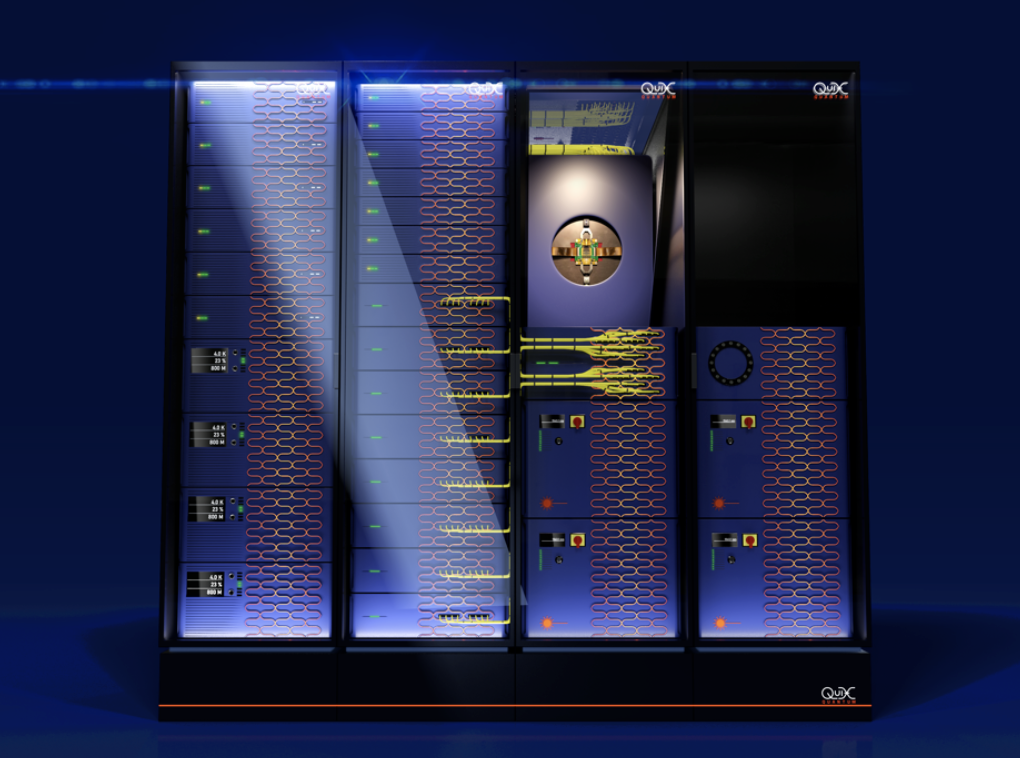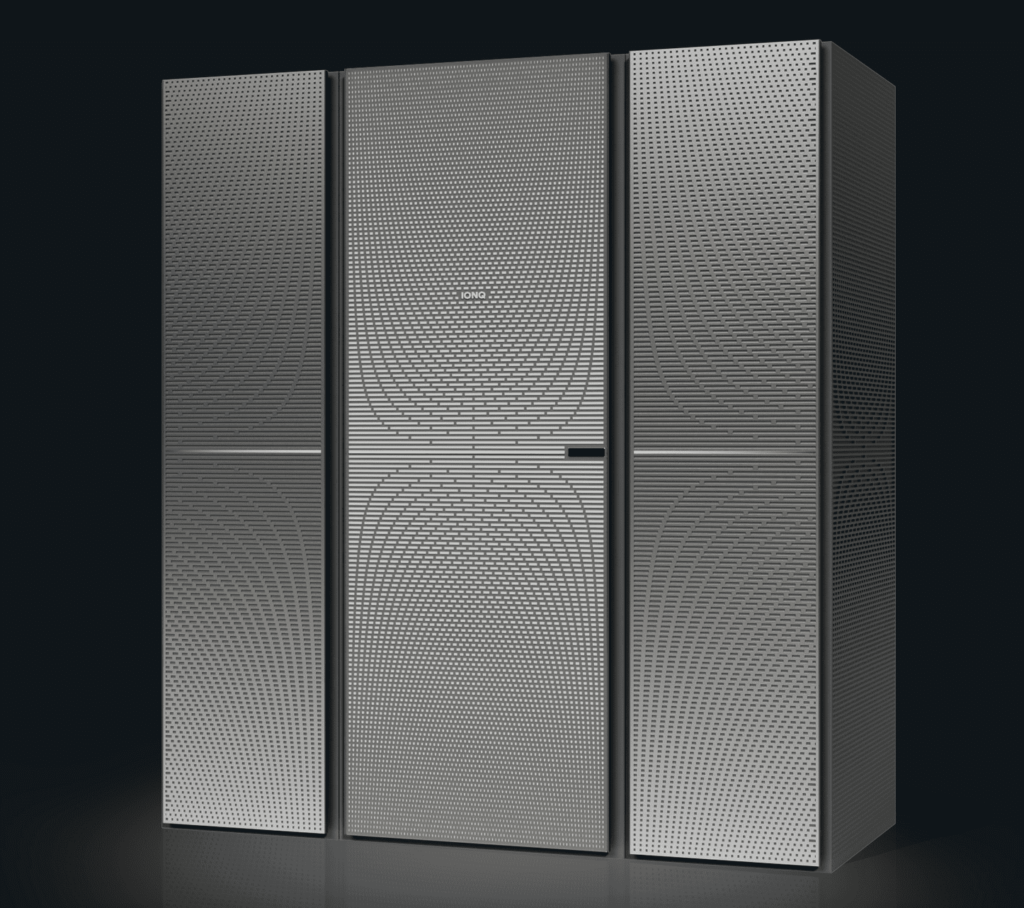Insider Brief
- Taiwan’s home-brew 5-qubit superconducting quantum computer online.
- The the team surpassed expectations by building the 5-qubit device in October 2023, well before the February 2024 goal.
- The primary use of this quantum computer will be for research and testing by project collaborators.
Taiwan’s home-brew 5-qubit superconducting quantum computer online, according to a statement from Academia Sinica, the national academy of Taiwan and a research leader. This development marks a crucial step in the realm of quantum technology in Taiwan, showcasing the nation’s capabilities in the field.
The successful fabrication, control and measurement of quantum chips by Academia Sinica in 2023 led to the creation of this 5-qubit system. Originally, the project aimed to develop a 3-qubit quantum computer by February 2024. However, the team surpassed expectations by achieving the 5-qubit milestone in October 2023, well ahead of schedule. This achievement is a testament to the expertise and efficiency of Taiwan’s scientific community, according to the statement.
Dr. Chii Dong Chen, a Distinguished Research Fellow at Academia Sinica’s Institute of Physics and Research Center for Applied Sciences, emphasized in the statement that this project falls under the umbrella of the quantum technology special project, funded by the National Science and Technology Council. The team’s efforts have resulted in quantum bit logic gates with 99.9% fidelity, a sign of high-level precision in quantum computations.
The primary use of this quantum computer will be for research and testing by project collaborators. Additionally, it will serve as a platform for other research and development units, facilitating the development of extremely low-temperature CMOS and parametric amplifiers.

President James Liao of Academia Sinica highlighted the project’s efficient use of resources, achieving remarkable results on a comparatively smaller budget and in less time than similar projects in other countries, according to the stuatement. The success of this stage in the project underscores the importance of patience and thoroughness in addressing fundamental scientific challenges, essential for breakthroughs in practical applications.
This quantum computing initiative is a collaborative effort involving both domestic and international teams. Partners include the Industrial Technology Research Institute, National Applied Research Laboratories, several national universities in Taiwan, the University of California, Santa Barbara, and the University of Wisconsin-Madison. The project receives funding from the National Science and Technology Council and Academia Sinica.
As Taiwan’s quantum computing project progresses, it is expected to drive further research and industry development in quantum technology, attracting talent from both domestic and international spheres.
The National Science and Technology Council (NSTC) of Taiwan recently announced its goal to produce the nation’s first domestically developed quantum computer by 2027. The argument could be made that Academia Sinica’s device roughly fits the bill, though, presumably, the council is expecting a much more robust quantum computer development program with a comprehensive supply chain beyond Academia Sinica’s quantum computer.
If you found this article to be informative, you can explore more current quantum news here, exclusives, interviews, and podcasts.




















